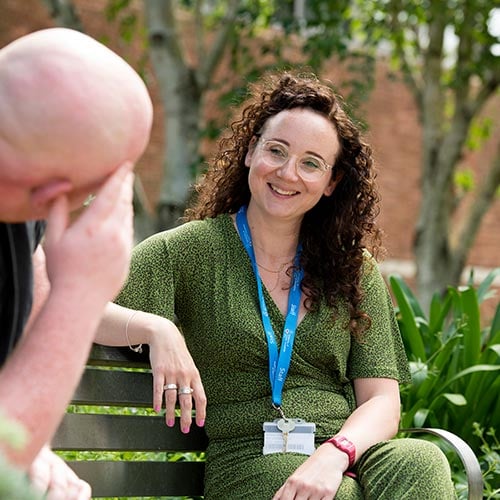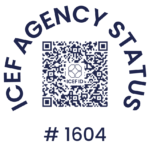In our ever-changing, increasingly interconnected world, more people are needed to understand and help tackle complex global issues like extreme poverty, inequality, or climate crisis.
This International Development MSc combines interdisciplinary training in subjects including development theory, political economy, and social policy, with applied country and region-based case studies. Practical examples demonstrate different approaches and their contribution to national development in areas such as industrialisation, financial systems, regulation, technology, environment, and natural resource management. These case studies also help you appreciate the variations across advanced, emerging, and lower-income economies.







